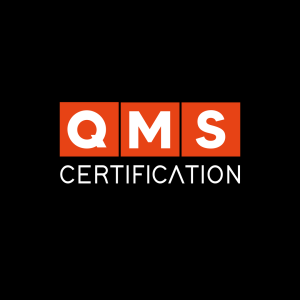ISO certification exists to attest the conformity of a management system against a reference standard. However, it is important to understand the real reasons and what is behind the ISO certifications.
At the end of the 1980s, the certification system standards management process started, with the best known of all standards, ISO 9001, since then a lot has changed and many other certifications have been created, but the objective it is the same, attesting conformity against the reference.
At the end of the 1980s, large corporations around the world sought certification and this continues today, through large, medium and small companies, whether in the service or manufacturing area.
What is certification?
 Our definition of ISO certification is “Attestation of credibility under a specific theme, by demanded need, to demonstrate to one or more interested parties”.
Our definition of ISO certification is “Attestation of credibility under a specific theme, by demanded need, to demonstrate to one or more interested parties”.
We genuinely believe that an ISO certification is an attestation of credibility whether it is about quality, environment (ISO 14001), compliance or any other topic.
So, regardless of the motivation for having or not an ISO certification, the certificate is a credibility attestation of a conformity assessment of that theme. This credibility is preserved by an entire compliance system for that process.
Compliance system
Without going too far on this topic, because it requires a specific and detailed post, but basically the compliance system that generates credibility in a certificate goes through regulations of international forums, regulation of accreditation bodies, and all impartiality management of a certification body .
We do not believe that the simple fact that a certification body is accredited means credibility, because in recent history in several countries in the world, certification bodies have their accreditation suspended due to irregularities. Therefore, a thorough assessment of the organization’s history, national and international recognition, and its accreditations is necessary.
After all, what is ISO certification for?
Based on the definition mentioned above, we have developed an evaluation methodology so that you can define the real need for certification. Obviously, we are the main interested party that more and more companies seek certification, however the certified one will only be supported with this applied methodology, the ISO certification triangle.

For this certification to be sustained first, the organization must want a credibility certificate. An important point must also be a specific need, such as customer request, process improvement, marketing, export, recognition, etc.
In order to close the certification triangle, as mentioned in some reasons of need, an interested party that demands the need is also necessary, whether it be the top management, customer, society, employees, or in some cases even regulators.
Regardless of the interested party, the need and also the willingness to attest to the credibility of a theme, ISO certification, regardless of the theme, if implemented correctly will show the organization process improvement as a business management tool, and this will last for just that.
ISO certification for what? To help organizations perpetuate themselves.











